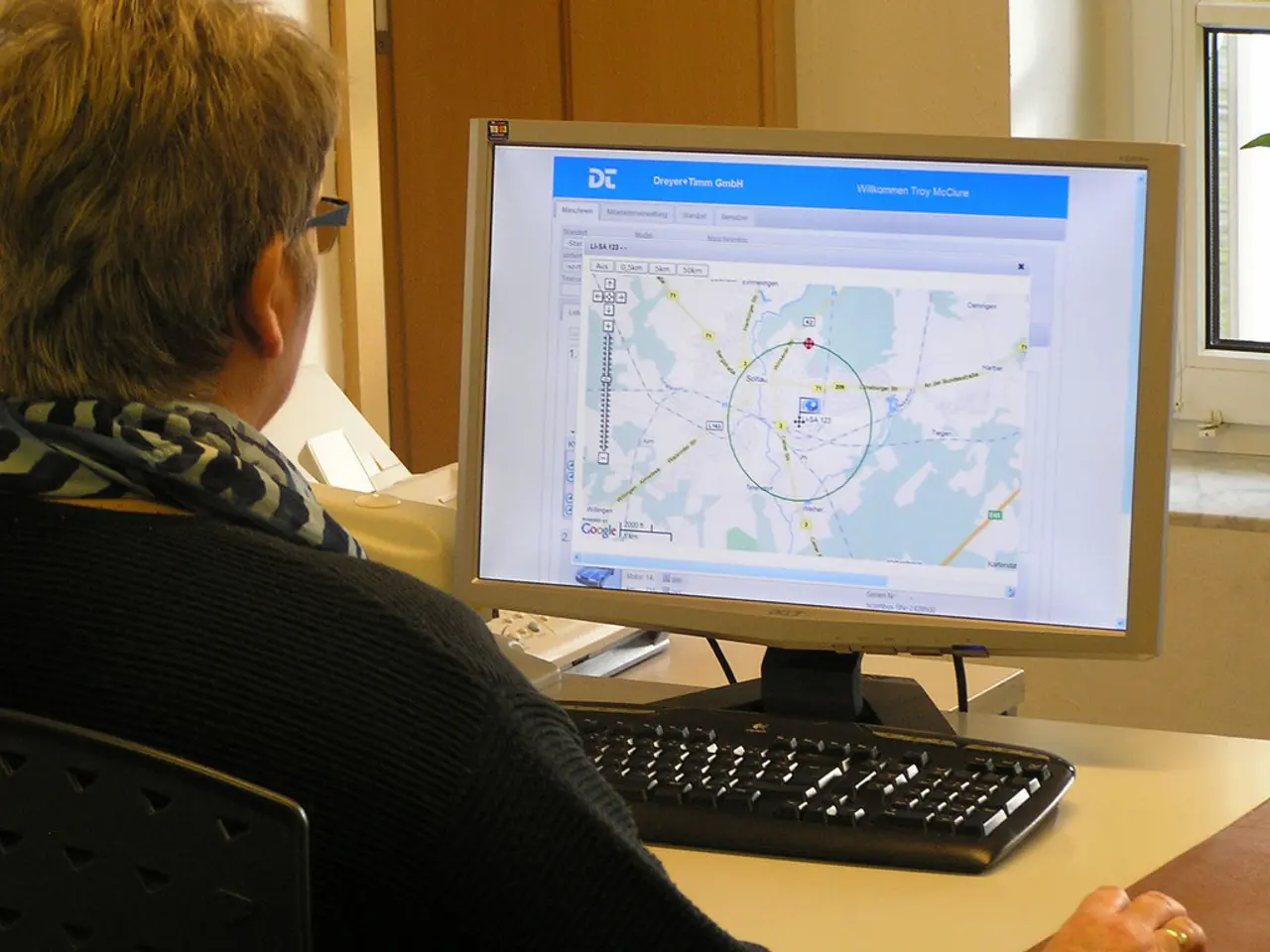Individuals who have access to national security technology are potentially vulnerable to internal data theft.
In a recent discussion on The Federal Drive, John Doyon, the Executive Vice President of the Intelligence and National Security Alliance (INSA), and Michael Crouse, the Chair of INSA's insider threat subcommittee, emphasised the risks faced by small businesses and universities within a distributed national innovation network due to their vulnerability to corporate espionage.
The Federal Drive, a platform that provides expert insights on current events in the federal community, hosted the discussion, which was broadcast on The Federal Drive. The focus of the discussion was on the increased risks these smaller entities face due to their limited financial resources, cybersecurity expertise, and structured programs to protect sensitive research and intellectual property.
Key risks highlighted included insufficient budgets and expertise, open research environments, the use of personal devices (BYOD), state-backed attempts and cybercriminal threats, various espionage tactics, and the severe consequences of breaches. Small businesses and universities often struggle to build or maintain robust cybersecurity programs, making them prime targets for espionage targeting valuable innovations.
The culture of openness and collaboration in academia, which necessitates accessible networks, presents challenges in implementing strong security without impeding research sharing. Universities face additional vulnerability from personal laptops and smartphones that may not be well secured, increasing entry points for cyber-attacks or espionage through malware or phishing.
Both nation-states and financially motivated hackers actively attempt to infiltrate university and small business systems to steal intellectual property, especially in fields like quantum technology and green energy. Espionage tactics include spear phishing, malware-laden emails disguised as legitimate communications, physical theft of devices at conferences, and coercion or bribery to gain access to sensitive information.
Beyond financial losses, cyber espionage can severely harm reputation and future funding opportunities, complicating the already constrained financial viability of these institutions.
Doyon and Crouse advocated for not only providing the technological tools but also developing the expertise and structured processes to empower small businesses and universities to protect themselves effectively from espionage threats within this national innovation network.
In summary, the risks of corporate espionage against small businesses and universities in a distributed innovation system stem from their limited security capacity, exposure through open collaboration, and increasing targeting by sophisticated adversaries. This requires tailored support beyond mere funding to build resilient defenses.
The Federal Drive offers daily news and analysis that affect the federal workforce, and all rights are reserved for The Federal Drive. The national innovation network is described as becoming more distributed, but no specific examples of corporate espionage incidents were provided in this discussion. Interested parties can contact The Federal Drive producers for feedback and story ideas at FederalDrive@our website. The Federal Drive is copyrighted © 2025.
Federal Drive highlighted the risks faced by small businesses and universities within the distributed national innovation network, due to their vulnerability to corporate espionage, often exacerbated by limited financial resources and cybersecurity expertise. To tackle these issues, there is a need for not just financial support but also the development of specialized knowledge and structured processes to strengthen their protection against such threats in the realm of finance, thereby safeguarding both small-businesses and universities within this broader ecosystem.




